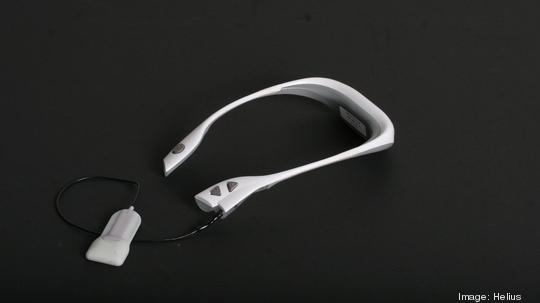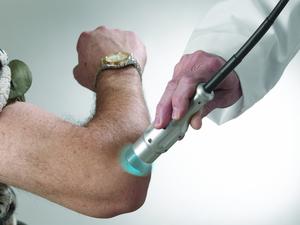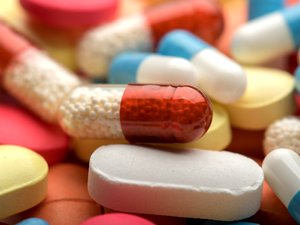
This week's Lab Notes has items on a multimillion-dollar debt financing, a manufacturing deal, a new director hire at CHOP, a positive study for a medical device and more.
Here’s the roundup:
Cabaletta Bio
The Philadelphia biotechnology company developing curative targeted cell therapies for patients with autoimmune diseases said its fourth Investigational New Drug application for CABA-201 was approved by the FDA.
The approval will allow Cabaletta (NASDAQ: CABA) to begin human testing of CABA-201 as a treatment for generalized myasthenia gravis, a rare condition that causes muscle weakness and can also lead to double vision and difficulties with speech and chewing.
CABA-201 is also under development as a potential treatment for lupus, myositis and systemic sclerosis.
Cabaletta also announced it has entered into a partnership with Cellares, an integrated development and manufacturing organization based in San Francisco. The companies will work together to evaluate Cellares’ automated manufacturing platform, the Cell Shuttle, for use in making CABA-201.
Durin Technologies
The South Jersey life sciences company developing a blood test for the early detection of Alzheimer's and Parkinson's diseases, when treatments are likely to be more effective, has raised $3.5 million in a debt financing.
The debt sale was disclosed by Durin Technologies of Mullica Hill in documents filed with the Securities and Exchange Commission.
Founded in 2010, Durin Technologies is attempting to commercialize a diagnostic test created by Robert Nagele, a professor of medicine and the director of the Biomarker Discovery Center at the Rowan-Virtua School of Osteopathic Medicine in Stratford, New Jersey. Nagele is the company's founder.
The minimally invasive test requires just a small blood sample. It is designed to detect biomarkers — called autoantibodies — that are produced by the body's immune system in response to diseases including Parkinson’s and Alzheimer’s.
Durin licensed the technology from Rowan University.
The company previously raised $4.5 million in an equity financing that was initiated in 2021 and amended in January, according to SEC filings.
NRx Pharmaceuticals
The Radnor biopharmaceutical company has signed a development and manufacturing agreement with Nephron Pharmaceuticals, a South Carolina maker of sterile injectable drugs.
The deal is for Nephron to manufacture a presentation of ketamine, which NRx is developing as a potential treatment for suicidal depression.
Financial terms of the agreement are being kept confidential.
NRx (NASDAQ: NRXP) is seeking to file a new drug application for NRX-101, its new dug candidate that contains ketamine as its active ingredient, by March 2024.
Children's Hospital of Philadelphia
The pediatric medical center has named Meredith Matone director of its PolicyLab. She will lead the research center's team of more than 100 interdisciplinary professionals with expertise in medicine, public health, social work, psychology, law, biostatistics, health services research and population health.
Matone succeeds David Rubin, who co-founded and directed the center for 15 years and is taking a new role at the University of California.

Matone, who received her doctorate of public health from Johns Hopkins Bloomberg School of Public Health, has been a member of PolicyLab for 13 years, most recently as its scientific director. Her research has focused on maternal-child health and public health.
CHOP's PolicyLab researchers are focused on ensuring all children, teens and caregivers have the evidence-informed, sustainable programs and policies they need to lead their healthiest lives.
Helius Medical Technologies
The Newtown medical technology company published study results demonstrating its portable neuromodulation stimulator, or PoNS, can “drastically” improve return-to-work outcomes for patients suffering from traumatic brain injuries.
The study showed 56% of study participants who were previously unable to work due to traumatic brain injuries returned to their prior occupations after 14 weeks of PoNS therapy.

The PoNS system delivers mild electrical stimulation to the dorsal surface of the patient’s tongue. The device consists of a controller that goes around the neck and a mouthpiece that rests on the front of the tongue. The electrodes send mild electrical impulses to the tongue to stimulate two cranial nerves that have direct connections into the brain through the brainstem.
Helius (NASDAQ: HSDT) has already received FDA clearance to market its PoNS therapy as a treatment for gait deficits in patients with multiple sclerosis.
The company’s traumatic brain injury study was co-sponsored by Pacific Blue Cross and HealthTech Connex and performed at the Surrey Neuroplasticity Clinic in British Columbia.







